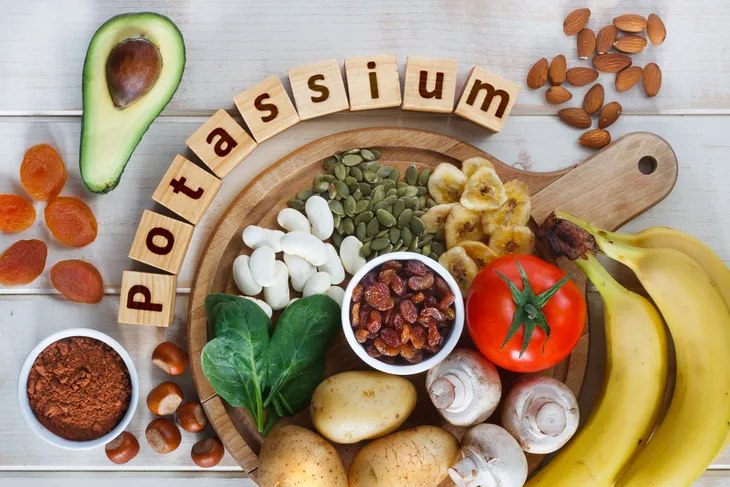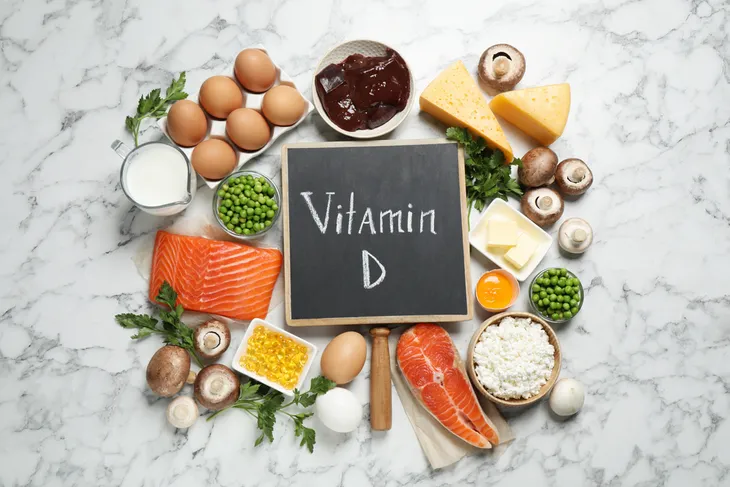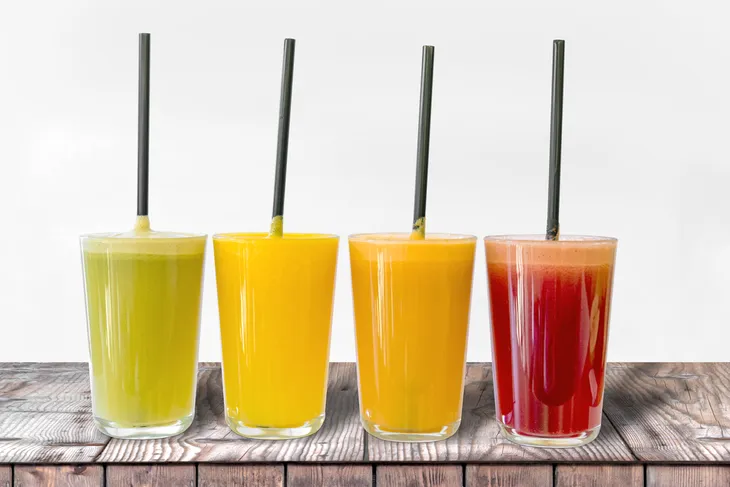For people with myasthenia gravis, muscle weakness (especially in the face) is a part of everyday life. This muscle weakness can also make it tough to swallow, so eating certain foods can be a challenge.
Aside from that consideration, some eating habits may aid in combating the fatigue symptoms associated with the autoimmune disease – rest is also highly recommended to deal with the related fatigue. While there’s no cure yet for this disease, here are six eating tips for those with myasthenia gravis to improve quality of life…
Make it Easier to Swallow
Myastheniagravis.org (Conquer MG) recognizes that some solid foods can be difficult to get down, and notes you can use gravy, sauce, butter, mayo or yogurt to help them slide down your throat more easily with fewer residues.
Meanwhile, you can choose foods that are fairly easy to chew and swallow to begin with, while also offering some nutritional value – such as egg salad, canned salmon, and even fruit smoothies. It suggests looking for “soft diet” recipe books from your local bookstore for more ideas.
Boost Potassium
DrWeil.com notes that potassium, along with rest, can be a useful tool to help you maintain muscle strength (or at least minimize the symptoms). However, not every meal is packed with potassium, so you may need to make some dietary changes to ensure you’re getting enough.
Foods naturally high in potassium include oranges, tomatoes, apricots (solids or as juices), bananas and broccoli, all of which contain other essential vitamins and nutrients your body needs to function.
 Shutterstock/Evan Lorne
Shutterstock/Evan LorneDouse Inflammation
Certain foods can aggravate inflammation, which is closely related to autoimmune disease flare-ups. The list of foods that can cause inflammation is quite extensive, and may take some getting used to, but might be worth it in the end.
For example, animal proteins and foods with trans fats are to be avoided (try getting protein from plant sources like beans and nuts), according to Livestrong.com. You should also cut out polyunsaturated oils including corn and sunflower oil, and try not to consume items high in “table sugar” such as cookies and candy.
Reduce Meal Sizes
Instead of following the “three square meals per day” rule for the majority of people, it’s wiser for those with myasthenia gravis to follow a schedule of eating smaller meals throughout the day (with the largest meal early in the day when you have the most energy), according to Myastheniagravis.org.
If you’re choosing to eat meat or other solid foods and don’t fancy using sauces to help them go down easier, then just cut them into much smaller pieces or mince the meal, it adds.
Avoid Aspiration
Another problem for those with the disease is thinner liquids ending up in the lungs rather than the stomach, which is known as aspiration. The same source notes that some foods actually need to be thickened to help avoid this problem.
“Remember that ice cream and popsicles melt into a thin fluid in your mouth, and that once you chew fruits, the juice released is also a thin liquid,” notes Conquer MG. Be more way when eating foods that have a “mixed consistency,” such as cereal with milk, it adds.
Consume Vitamin D and Calcium
Sources note that steroid drugs (prednisone in particular) used to help treat autoimmune diseases such as myasthenia gravis can promote loss of bone or bone thinning, so you should consult your doctor about vitamin D and calcium supplements to offset this side effect.
Meanwhile, other drugs called acetylcholinesterase inhibitors can cause diarrhea, and in this case you should avoid foods that are spicy or greasy, as well as cutting out caffeine and chocolate, according to LifeExtension.com.
 Shutterstock/New Africa
Shutterstock/New Africa






